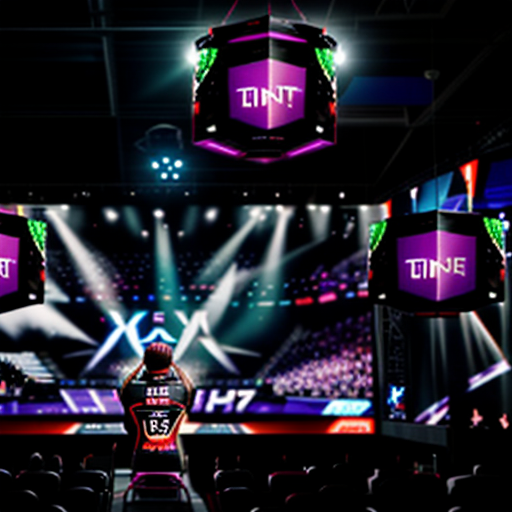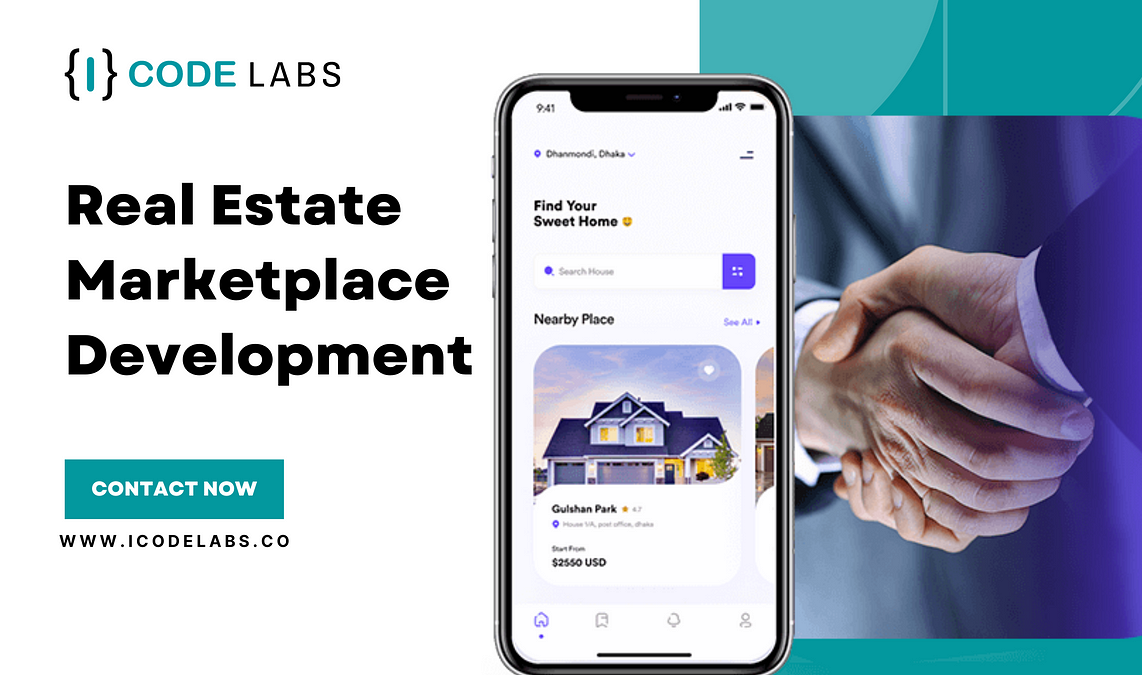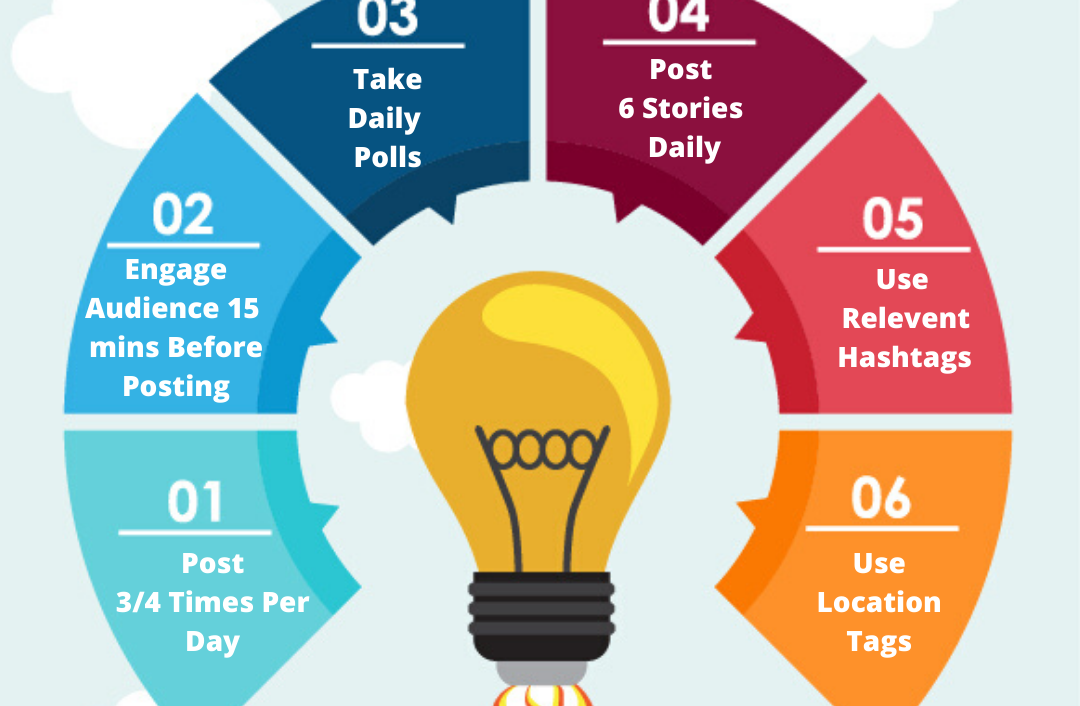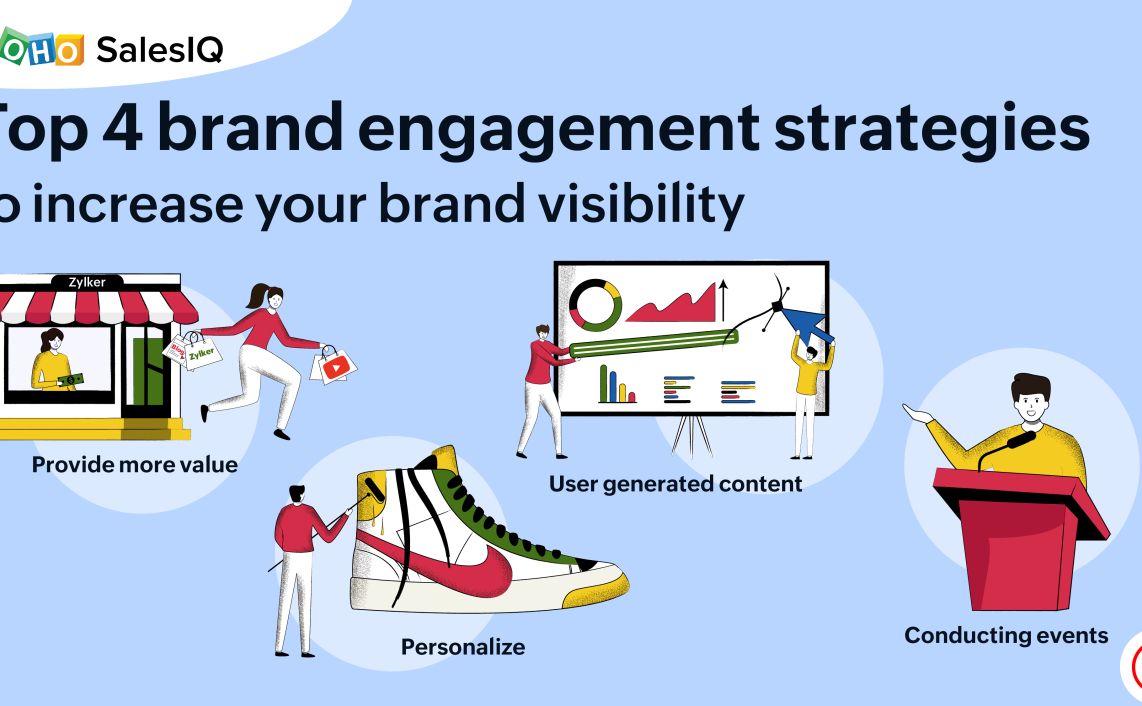Engaging The Esports Audience: Marketing Strategies For 2024
Executive Summary
The esports industry is on a steep upward trajectory, with research suggesting that it will be worth a monumental $1.8 billion by 2024. This rapid growth presents a rare opportunity for brands to tap into a captive audience. To successfully capture the attention of these highly engaged individuals, marketers must employ tactful strategies that are tailored to the unique characteristics of the esports landscape.
Introduction
In the dynamic world of esports, it is imperative to understand the nuances of the audience and their motivations. A recent study found 61% of esports enthusiasts tune in to watch live streams of their favorite games. Furthermore, 77% report being most engaged with brands that form authentic partnerships with players and teams, underscoring the need for genuine collaborations founded on shared values and mutual objectives.
Content Marketing: The Path to Engagement
Effective marketing in esports begins with impactful content that caters to the diverse interests of the audience. From engaging streams and meticulously crafted videos to in-depth articles and podcasts, content is the cornerstone of successful audience engagement.
- Exclusive Content: Offer unique behind-the-scenes glimpses, player interviews, and tournament analysis to provide unprecedented access for fans.
- Educational Content: Create tutorials, guides, and expert commentary to empower viewers and enhance their understanding of the game.
- Branded Content: Develop immersive experiences that seamlessly integrate the brand with esports content, ensuring resonance and memorability.
- Interactive Content: Incorporate polls, Q&A sessions, and live chat sessions to foster engagement and cultivate a sense of community.
- User-Generated Content: Unleash the creativity of the audience by encouraging fan art, cosplay, and gameplay highlights.
Social Media: The Gateway to Connection
Esports fans are highly active on social media, with an average of 3 hours spent daily on platforms. This creates a fertile ground for brands to connect and interact with them directly.
- Social Listening: Utilize social listening tools to monitor relevant conversations and gamer sentiment.
- Community Engagement: Join existing esports communities and foster relationships by participating in discussions, answering questions, and hosting giveaways.
- Influencer Partnerships: Collaborate with popular gamers, analysts, and personalities to gain access to their larger followings and increase brand visibility.
- Dedicated Esports Channels: Create dedicated social media channels exclusively for esports-related content, ensuring focused engagement with the target audience.
- User-Generated Content: Run contests and campaigns that encourage fans to generate and share content related to the brand and esports in general.
Influencer Marketing: The Power of Trust
Esports influencers possess tremendous influence over their dedicated fan base. Their opinions hold weight and their recommendations can significantly impact purchase decisions.
- Identify Authentic Partnerships: Seek out influencers who genuinely align with the brand’s values and have established credibility within the community.
- Co-Create Content: Engage influencers in the creation of unique and compelling content that resonates with their audience.
- Product Integrations: Enable influencers to showcase products or services seamlessly within their authentic esports content.
- Exclusive Access: Offer influencers exclusive opportunities, such as early access to game updates or behind-the-scenes experiences, to cultivate stronger relationships.
- Performance Tracking: Measure the effectiveness of influencer campaigns using metrics such as engagement rate, reach, and conversions.
Experiential Marketing: Creating Lasting Memories
Esports fans crave real-world experiences that bring their passion to life. Brands can create immersive and unforgettable engagements through live events, tournaments, and exclusive brand zones.
- Esports Events: Sponsor or host esports tournaments to provide a highly visible platform for the brand and offer fans a chance to witness the action live.
- Brand Activations: Create interactive brand activations within esports events, offering unique experiences like virtual reality game trials or meet-and-greets with players.
- Esports Lounges: Establish exclusive esports lounges at key locations to provide a dedicated space for fans to connect, play games, and engage with the brand.
- Experiential Tours: Offer exclusive tours of esports stadiums, training facilities, or gaming studios to give fans a behind-the-scenes look at the industry.
- Street Marketing: Employ eye-catching street marketing campaigns in areas with high gamer concentration, utilizing eye-catching visuals, interactive elements, and branded giveaways.
Affiliate Marketing: Partnering for Success
Esports affiliate marketing allows brands to leverage the popularity of streaming platforms and content creators to reach the esports audience.
- Affiliate Network Selection: Carefully select an affiliate network with a proven track record in esports and a vast network of affiliates.
- Performance-Based Partnerships: Establish clear performance-based agreements with affiliates, incentivizing them to promote the brand and drive conversions.
- Tailored Incentives: Offer customized incentives, such as exclusive content, limited-edition merchandise, or personalized experiences, to attract top-performing affiliates.
- Affiliate Tracking and Management: Utilize dedicated tracking software to monitor affiliate performance and optimize campaigns accordingly.
- Affiliate Nurturing: Nurture affiliate relationships through regular communication, resource sharing, and exclusive opportunities.
Conclusion
By embracing the unique characteristics of the esports audience and employing tailored marketing strategies, brands can effectively engage, connect, and drive conversions from this highly engaged and rapidly growing market. From compelling content and strategic social media presence to impactful influencer partnerships and immersive experiential campaigns, a multifaceted approach is crucial to unlocking the full potential of esports marketing. As the industry continues to flourish, brands that adapt to the ever-evolving landscape will be best positioned to reap the benefits of this dynamic and lucrative market.
Keywords:
- Esports Marketing
- Esports Content Marketing
- Esports Social Media Marketing
- Esports Influencer Marketing
- Esports Experiential Marketing
FAQs
- Q: What is the best way to measure the effectiveness of esports marketing campaigns?
- A: Utilize a combination of metrics such as engagement rate, reach, conversion rate, and brand sentiment analysis to assess the success of campaigns.
- Q: How can brands avoid alienating the esports audience?
- A: Conduct thorough research to understand the unique interests and preferences of the audience and ensure all marketing efforts are authentic and respectful.
- Q: What is the role of data analytics in esports marketing?
- A: Data analytics helps brands track campaign performance, measure audience engagement, and make data-driven decisions to optimize strategies.
- Q: How can brands stand out in the competitive esports market?
- A: Focus on creating innovative and engaging content, fostering genuine partnerships with influencers and players, and offering unique experiences that resonate with the audience.
- Q: What are the ethical considerations brands should keep in mind when marketing to the esports audience?
- A: Ensure all marketing efforts are transparent, avoid exploiting the passion of fans, and respect the competitive integrity of esports by adhering to established rules and regulations.
Read also: 15 Best Digital Marketing Strategies for Small Businesses in 2024








